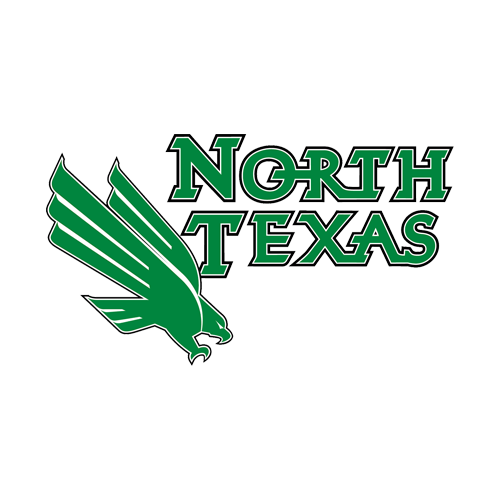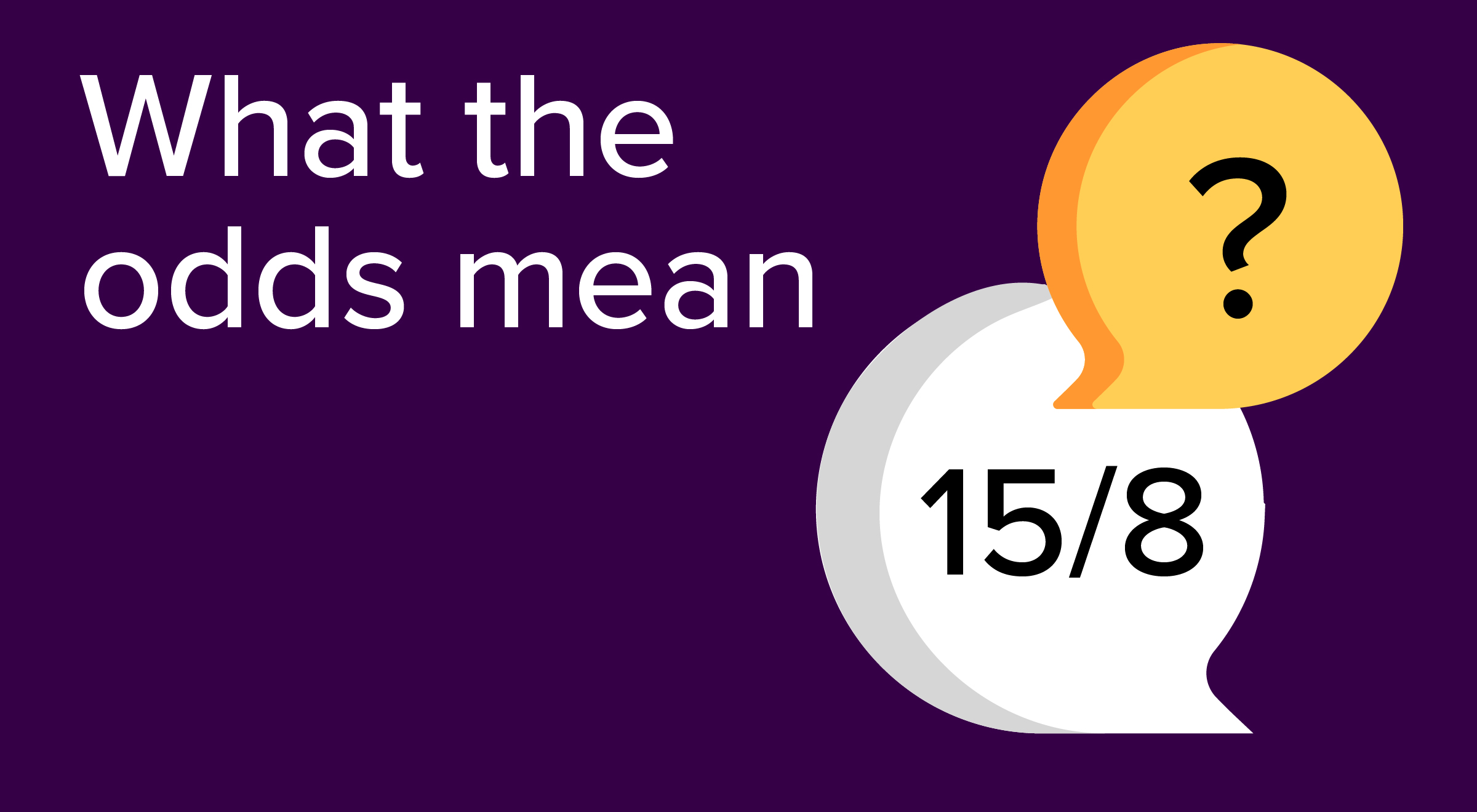Odds Mean

Noun (usually used with a plural verb) the probability that something is so, will occur, or is more likely to occur than something else: The odds are that it will rain today. The ratio of probability that something is so, will occur, or is more likely to occur than something else. Understanding betting odds. The way sports betting odds are presented can differ between American, Fractional, Decimal, and, while they all mean the same thing, understanding how they work with. Definition of Odds in the Definitions.net dictionary. Meaning of Odds. What does Odds mean? Information and translations of Odds in the most comprehensive dictionary definitions resource on the web. Definition of odds. 1 a (1): the probability that one thing is so or will happen rather than another: chances the odds are against it. (2): the ratio of the probability of one event to that of an alternative.

What Does +100 Odds Mean
Odds



Odds Meaning In Tamil
The odds in favor of an event or a proposition is defined by the ratio of the probability that the event will happen to the probability that it will not happen. For example, the odds that a randomly chosen day of the week is a Sunday are one to six, which is sometimes written 1 : 6.; see section 1.5 of Gelman et al..'Odds' are an expression of relative probabilities. Often 'odds' are quoted as odds against, rather than as odds in favor. For example, the probability that a random day is a Sunday is one-seventh, hence the odds that a random day is a Sunday are 1 : 6. The odds against a random day being a Sunday are 6 : 1. The first figure represents the number of ways of failing to achieve the outcome and the second figure is the number of ways of achieving a favorable outcome.In probability theory and Bayesian statistics, odds may sometimes be more natural or more convenient than probabilities. This is often the case in problems of sequential decision making as for instance in problems of how to stop on a last specific event which is solved by the odds algorithm.Stating 'odds against' is a convenient way to propose a bet. When a bookmaker offers betting odds of 6 : 1 against some event occurring, it means that he is prepared to pay out a prize of six times the stake, and return the stake as well, to anyone who places a bet, by making the stake, that the event will occur. If the event does not occur, then the bookmaker keeps the stake. For example, a winning bet of 10 at 6 : 1 against will win '6 × 10 = 60' with the original 10 stake also being returned. Betting odds are skewed to ensure that the bookmaker makes a profit — if true odds were offered the bookmaker would break even in the long run — so the numbers do not represent the bookmaker's true odds.